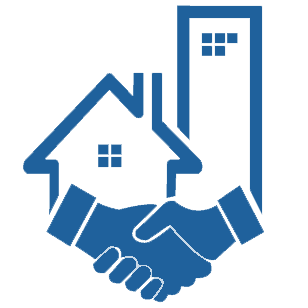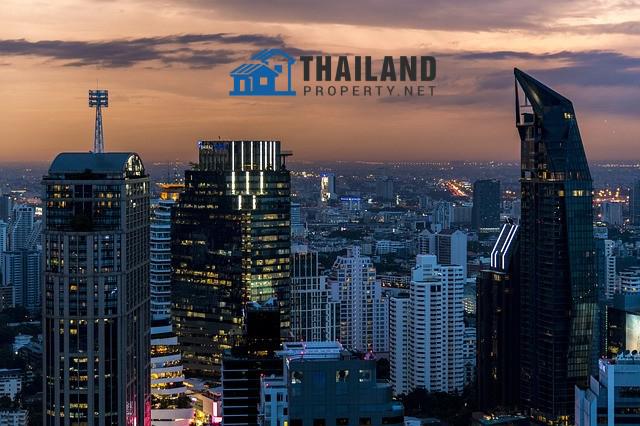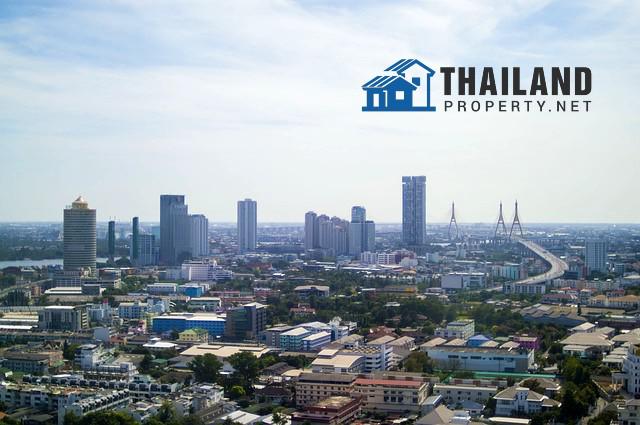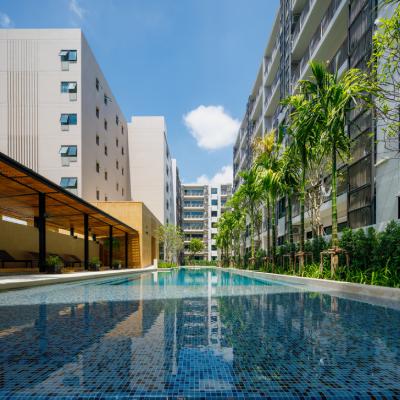
Thailand-property.net

Thailand-property.net
Thailand-property.net
Thai Real Estate Firms & Developers Look to Healthcare to Get Connected

Borderless Healthcare Group chairman of healthcare technology and service provider, Wei Siang Yu, said real estate will undergo a transformation. We can expect an upgrade from 4.0 smart living to 5.0 connected and healthier living.
Key Group: Millenial Market
Mr Wei said that there will be a wave of “condos with connected services” entering the market very soon. “Most buyers of new homes today are in their 20s, 30s or early 40s,” he added. “They are IT-savvy and live in an age in which services come to them.”
According to Mr Wei, 99-year lease contracts are no longer necessary in this new era of real estate in Thailand. At present, there exists a “sharing culture” in the economy, characterised by co-working spaces and cohabitation setups.
He said: "More than half of millennials prefer buying three 33-year assets in various locations like one in Bangkok, one in Phuket and one in Khao Yai, than buying one 99-year asset somewhere. They want services."
As mentioned earlier, the target consumer group will be millennials. A number of millennials have young children and their parents are mostly over 60. This target market will likely search for property where their parents and kids can thrive.
Real Estate Investment in the Healthcare Sector
In the medical sector, building a hospital on empty land may require a few more years plus some more years to grow a brand name. For hospitals to attract more patients and investors, give or take four to five years. Real estate investment in the medical sector could very well span a decade or so.
But thanks to cloud-based services, investing in hospitals is less of a headache for developers. Prior to or during construction, it is now possible to hire top-class, globally recognised medical experts who can collaborate with local doctors through multilingual channels or call centres.
Mr Wei said launching a hospital - a smart hospital – is just the tip of the iceberg. The system allows you to launch a connected hospital with a database of people who can touch base with the hospitals in your home country.
Consider this a move to globalise Thai medicare. "Hospitals will no longer be valued by the number of beds, but rather the number of consumers the hospital connects or families it is serving.” Mr Wei added, “Electronic medical records are already old-school. Healthcare data belongs to the consumer."
Rather than add food courts in the event of dwindling retail tenants, said Wei, malls should focus on high-tech medical centres instead.
The Future
Future supermarkets will not be passive, said Mr Wei. They will become more and more involved with the lives of their consumers. Food clouds and blockchain farms will inevitably be connected, while technology or nutritionists around the world will offer and provide more information about customised recipes.
Guests can converse with their hospital doctor through connected devices (e.g. TV, messenger apps). On one hand, hotels can generate revenue from other services with connected-living technologies (e.g. mobile app for medical consultancy).
Jones Lang LaSalle Thailand managing director of property consultant, Suphin Mechuchep, said: “The next big things to transform in the hotel sector will be property technology and wellness.”
Property technology, also known as Proptech, has a global investment that may likely reach $65 trillion USD by 2020. This will include features like face recognition for hotel check-ins or opening hotel room doors. Better yet, hotels may start installing android robots or artificial intelligence as the concierge.
Chatbots and AI can offer a timely response to upgrade hotel services, while the Internet of Things will also be utilised in devices. For instance, hotels may install sensors to identify and monitor external and internal temperatures for better energy conservation.
According to Mrs Suphin: "Many hotels apply visual reality for in-room entertainment or games and to give the guest an experience of a 360-degree view of the hotel or room before making a reservation,".
Big data will serve as a major marketing tool. Hand in hand with augmented reality systems, guests will have an easier time finding accommodations that suit their lifestyle or preferences.
 In limbo between a sluggish economy, growing household debt and excess supply, 2019 presented quite a challenge to Bangkok's ...
In limbo between a sluggish economy, growing household debt and excess supply, 2019 presented quite a challenge to Bangkok's ...  It seems this year will be a good one for Hua Hin's real estate market. SET-listed Charn Issara ...
It seems this year will be a good one for Hua Hin's real estate market. SET-listed Charn Issara ... 
